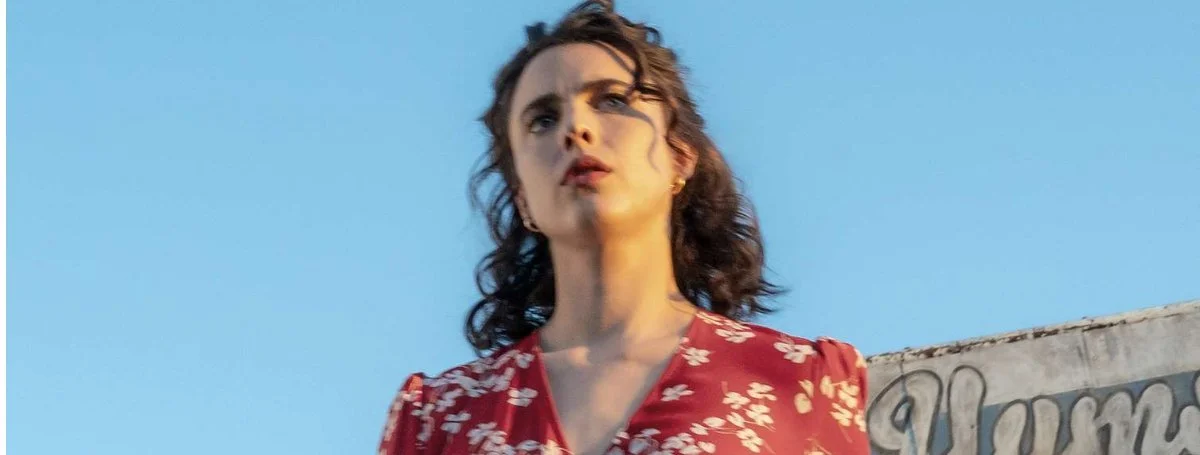Steve McQueen's first three films were all accomplishments. With "Hunger," "Shame" and "12 Years A Slave," the British-born director proved to be a master at his craft. Not only were his films visually groundbreaking, after all, his background does come from being a prize-winning photographer, but his films seem to be grounded in a humanism that expands on the highly-stylized nature of his films.
With "Widows" McQueen enters the realm of mainstream filmmaking. Distributed by 21st Century Fox, the film is a genre film that can sometimes bite more than it can chew, but that's part of its charm. With "Widows" McQueen tries to bend the cliches backward and invent a new kind of heist picture, one unlike anything we've ever seen before, and the results are mostly positive.
In debt because of their dead husbands' criminal activities as high-end robbers, and hunted by the mobsters (led by a terrifying Daniel Kaluuya), three women, played by Viola Davis, Michelle Rodriguez, and Elizabeth Debicki, try to pull off a daring heist to pay back the hustlers that are after them.
Kaluuya is absolutely brilliant, and any hesitation that he could be typecast after "Get Out," are thrown out of the window with a frightening performance that feels commanding and expertly delivered.
Based on Gillian Flynn's popular novel of the same name, the film tries to bypass Flynn's usual penchant for pulp in favor of artsy ambitions. McQueen, working fast and furious, delivers a messy, not always coherent vision of an America at war with itself. He piles up subplot upon subplot, jangling dozens of characters and still manages to fully flesh-out most of them. A casualty of this risky narrative technique might be Collin Farrel's mayoral candidate Jack Muligan, a man that feels the pressure from his former politician dad (an excellent Robert Duvall) to continue the family tradition.
It's this messiness that is the film's attractiveness, the fact that McQueen refuses to adhere to convention and always tries to be a step ahead of the viewer makes for a twisty, always watchable feast — and the film is surely a feast for the eyes. Thanks to frequent McQueen collaborator Sean Bobbitt's excellent photography and the acting -- especially from Davis and Debicki — the film lures the viewer head-on into the planning of a heist, which, when it does happen, thrills us with frenetic excitement.
McQueen uses every stylistic trick in the book; flashbacks, flash-forwards, long takes, wide shots, cross pans, subplot upon subplot, and, yet, his dozens of characters feel vitally real, always authentic, and never caricatured -- It's a testament to his talents that he pulls off Flynn's unfilmable novel. It might not reach the heights of his previous three features, but the mad artistry McQueen brings to this film is something that is vastly missing in mainstream moviemaking. [B+]






